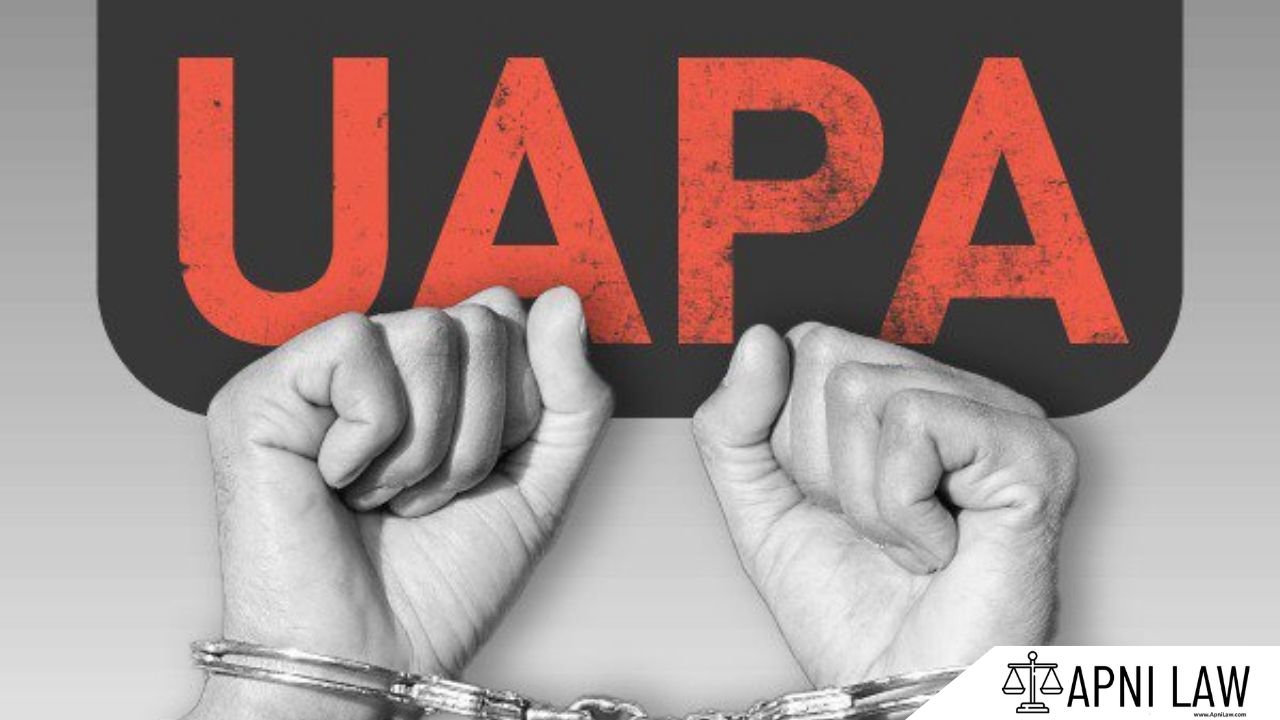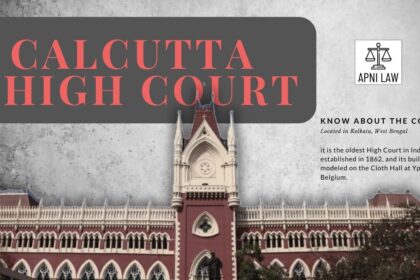The Unlawful Activities (Prevention) Act (UAPA) gives the Central Government wide powers to act against threats to national security. After the 2019 amendment, the law covers both individuals and organizations, allowing the government to declare them as terrorists or ban them as unlawful associations.
For any specific query call at +91 – 8569843472
Declaring Individuals as Terrorists (Sections 35 & 36)
Before 2019, the UAPA applied only to organizations. The amendment empowered the government to list individuals as terrorists in the Fourth Schedule. This can happen if a person commits, participates in, prepares for, promotes, or encourages terrorism. The law does not require a conviction. The government can act on belief or intelligence reports.
Section 36 lets a declared terrorist apply for removal from the list. However, the Act gives few procedural safeguards. The process does not guarantee detailed reasons, fair hearing rights, or mandatory judicial review. Critics argue this power can target dissent and lacks clear evidence standards.
Banning Organizations (Sections 3 & 4)
Under Section 3, the government can declare an organization “unlawful” if it threatens India’s sovereignty, promotes secession, spreads disaffection, or engages in terrorism. In urgent cases, the ban can start immediately upon notification, with reasons stated.
Section 4 requires the government to send the ban to a Tribunal led by a High Court Judge within 30 days. The Tribunal issues public notices, invites objections, and hears both sides. It reviews FIRs, witness statements, and the group’s impact on public order. If confirmed, the ban stays; if rejected, it is cancelled. Organizations can appeal to the High Court but must show serious errors in the decision.
Impact and Safeguards
The UAPA gives the government strong tools to act against threats but offers limited safeguards for individuals and moderate safeguards for organizations. Tribunal review provides some judicial oversight in the case of organizations, but individuals rely mostly on government discretion.
Conclusion
Under UAPA, the Central Government can declare any person a terrorist or ban any organization it believes threatens national security. While the law aims to protect the nation, it faces criticism for weak procedural protections and potential misuse. Balancing security and civil rights remains a key challenge.








